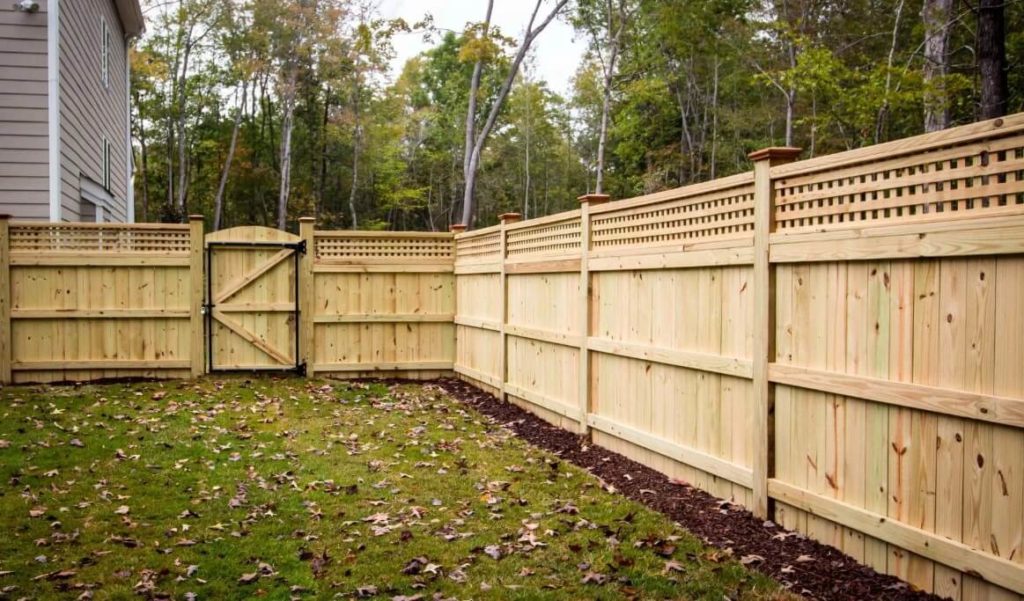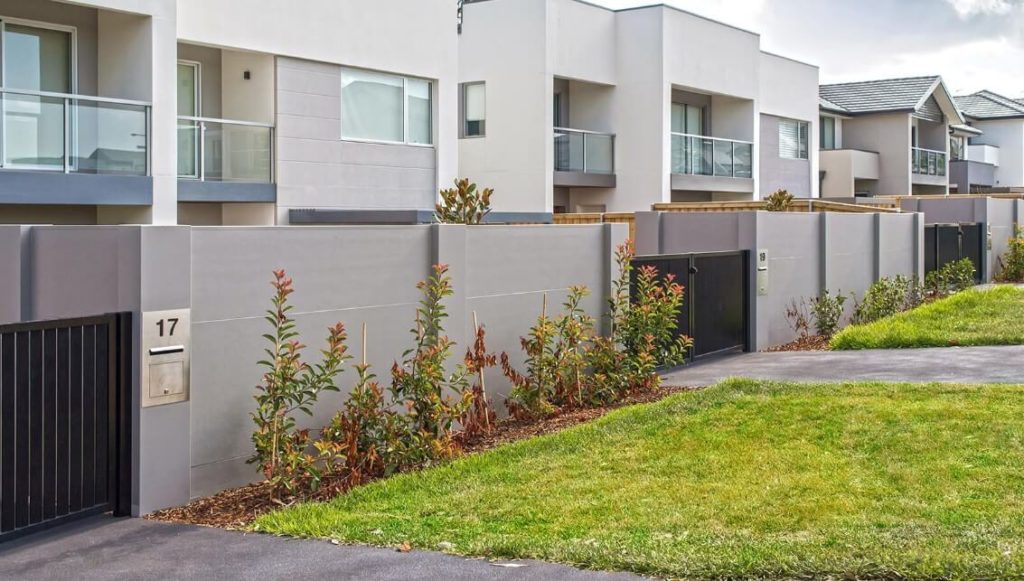On paper, the purpose of a fence seems pretty straightforward. Your clients will either desire or have a fence for the following reasons:
- Aesthetics
- Demarcating property
- Keeping passerby/animals off of the property
Fully understanding how this element factors into house pricing and appeal is key for any real estate agent to master. Here’s a full rundown on the pros and cons of fencing.
The Advantages of Having A Fence
Let’s showcase a brief list of major advantages of a fence around a house, from an agent’s perspective:
- Additional privacy in the yard from neighbors
- Added aesthetic appeal, especially depending on the fencing material
- The ability to preserve plants/landscaping work from animals
- Noise reduction from roads, etc.
- Containment of children and pets for safety purposes
While these are all useful benefits, they are going to mean more to certain types of clients than others. For example, a family moving into a busy area will almost certainly want a fence in order to protect their children while they are in the yard. Those who have a marked interest in outdoor entertainment will also likely want a fence. Be sure to talk to your clients about what they want out of their yard.

Do Fences Increase Property Value?
Fences are desirable, but do they really reflect this in terms of your client’s sale price? Not necessarily. Compared to other outdoor and indoor additions, fences aren’t a huge mover in terms of price. However, there are exceptions, particularly if the client is willing to invest in more expensive materials and designs.
So, to answer the question, a cheap vinyl fence isn’t likely to increase property value. More expensive/appealing wooden and metal fences may help, especially if they match the rest of the aesthetic of the home. However, fences are still a motivating factor for a lot of buyers.
So, Fence or No Fence?
We’ve laid out the benefits, but we should mention the disadvantages of fences before guiding your clients towards a final decision.
1. Upkeep
This is probably the biggest drawback of a fence. Even after erecting it, you still need to maintain it in order to make sure the fence is clean and structurally sound. This also presents added landscaping work, like removing weeds growing around the base of the fence.

2. Cost
The more expensive fences we discussed represent both a price upfront, as well as the cost of upkeep. If a piece of a fence falls due to a storm, you need to pay to replace them as well.
3. Neighbours
If one neighbor wants a fence while the other doesn’t, this can be a source of friction between parties.
So, should your clients invest in a fence? It depends on the nearby areas and the type of buyers they want to target. For families or people with pets, fences are almost a necessity. Buyers agents and property investment consultants need to fully understand the different elements that may impact the value of a property their clients own or are considering purchasing. A privacy fence is a part of that. However, there are a lot of other elements that they need to consider as well. For example, real estate telemarketing data helps you connect with these clients in the first place, so you can put that expertise to use.



'Benefits of Having a Fence' have no comments
Be the first to comment this post!